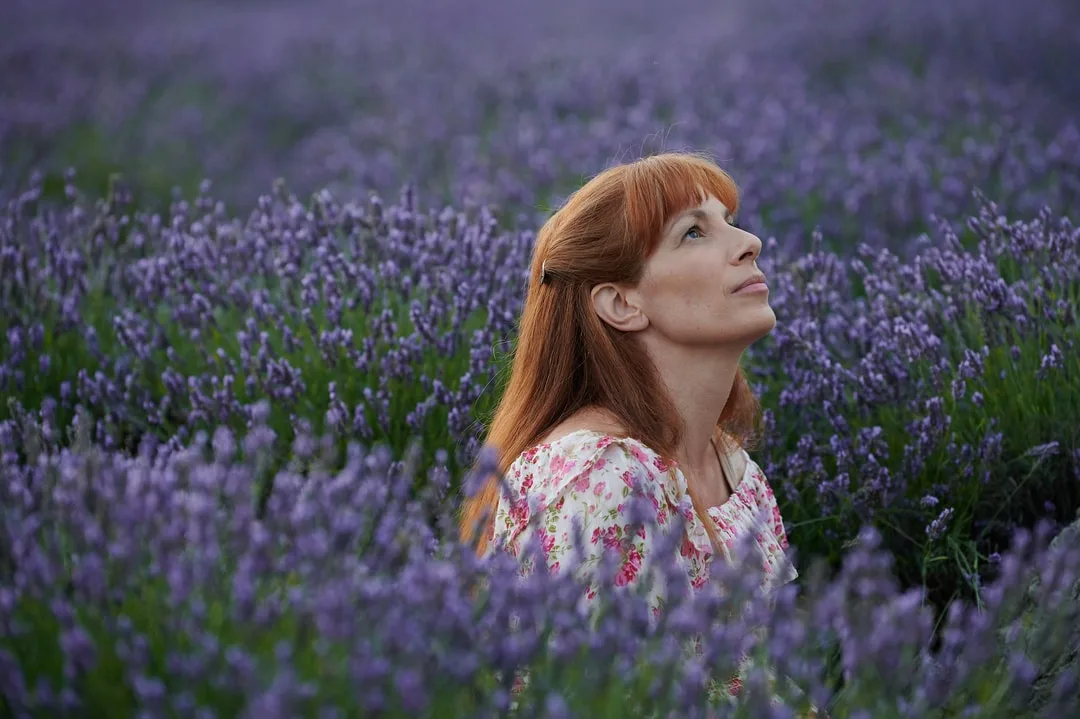
Film Review: The Lost Girls
Film Reviews
The Lost Girls
Director: Livia De Paolis
Ingenious Media and LipSync Post
In Theaters and Video On Demand 06.17
When a movie ends and all you can think is, “If they don’t validate my parking, I may hurt somebody,” you have a problem. If a movie ends and you’re thinking that even though you watched it at home, you have The Lost Girls.
In this latest new take on J.M. Barrie‘s Peter Pan (this time with the promising angle of telling the story from a female perspective), The Lost Girls chronicles four generations of Darling women who are forever changed by their relationships with the boy from Neverland (Louis Partridge, Enola Holmes): Nana Wendy (Vanessa Redgrave), a woman in the twilight of her life; Jane (Joely Richardson), a mother who simply disappeared one day; Wendy the second (Livia De Paolis, the film’s writer-director), an emotionally troubled woman who can’t seem to live in the present; and Berry (Ella-Rae Smith), Wendy II’s angry daughter. Starting with Nana Wendy onward, each generation has prepared the next for the day when the strange boy will appear in their window, whisk them away and make them the center of his fairy world for a time. Peter isn’t the only one waiting for them, though, and if Peter’s motives are questionable, they are nothing compared to those of his darker counterpart, Hook (Ian Glen, Lara Croft: Tomb Raider).
The Lost Girls, adapted from a novel by Laurie Fox, had real potential as a darkly revisionist telling of Peter Pan, dealing with heavy themes of toxic relationships, abuse, manipulation and patriarchy. It could have been a bangarang feminist vision. The Lost Girls just doesn’t fly, however, and most of the blame falls on Writer-Director De Paolis. The script is a mess, filled with cringe-worthy dialogue; the direction is plodding, unfocused and at times quite amateur; the central performance is at best bewildering. Wendy is supposed to be an American and plays as such in her teen years when she’s ably portrayed by Emily Carey (Wonder Woman). As an adult, however, Wendy changes drastically in appearance, dons an orange wig and develops a pronounced Italian accent. De Paolis is so woefully miscast in every conceivable way that she feels even more out of place than 58-year-old Valérie Lemercier as a 12 year old in Aline. Wendy is such an off-putting and immature presence that you get why her daughter despises her, but that’s the only level on which it ever works.
Far worse is the failure to explore any of the potential feminist themes. The Lost Girls struggles so badly to settle on a tone or meaning that it doesn’t just fail at feminism, it feels like a mysoginstic indictment of women as silly fools who only want what they can’t have, mistreat each other and are always drawn to the wrong type of guy. Let’s not even get started on the incompetent visual effects, from embarrassing green-screen shots and CGI to young Wendy’s hair staying completely still during the flying sequences.
While all of the other central performances rise above De Paolis’, the only ones that almost work are those by Patridge, Carey and Tilly Marsan as young Jane. The relationship between Peter and Jane has unmistakably sexual elements, though De Paolis fails to use this to say anything. In a more daring and intelligent incarnation, Glenn’s predatory take on Hook could have been uncomfortably meaningful, but he just comes across as an odd mashup of Henry Higgins and the Child Catcher from Chitty Chitty Bang Bang.
The Lost Girls seems to lose its nerve to try for anything too provocative, and it doesn’t just fail to stick the landing—it crashes to the ground like a meteor. If you did a total rewrite, got someone else to direct and recast the lead, The Lost Girls might not be the atrocity that it is, though it would likely still fall short. As it stands, this treatise on trying to avoid growing up merely left me trying to avoid throwing up. –Patrick Gibbs
Read other pieces about film retellings:
Film Review: The White Fortress
Denzel Washington and Corey Hawkins on The Tragedy of Macbeth and Joel Coen’s Genius